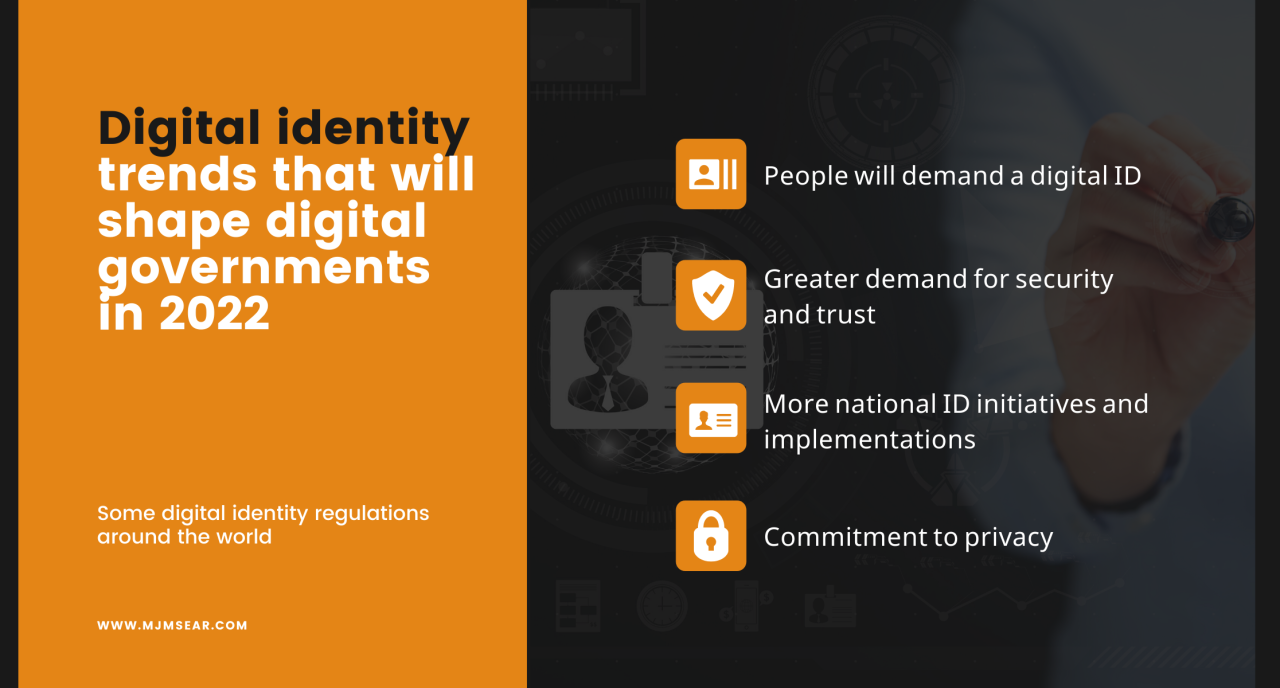Navigating Digital Identity Rules: A Regulatory Landscape
The digital era has transformed the way we establish and authenticate our identities online. With the increasing reliance on digital identity systems comes the necessity for robust regulations to safeguard individuals and their data. This article explores the evolving landscape of digital identity regulations, shedding light on the importance of navigating this intricate framework.
The Rise of Digital Identities
The digital transformation has brought forth a paradigm shift in how individuals establish and manage their identities. From online accounts and transactions to digital services, the concept of a digital identity has become integral to our daily lives. As digital interactions grow, so does the need for regulations to ensure the security and privacy of individuals’ digital identities.
AstroidIT: Navigating Digital Identity Regulations
For comprehensive insights and resources on digital identity regulations, visit AstroidIT. AstroidIT offers valuable information to help individuals, businesses, and organizations navigate the complexities of digital identity regulations in the evolving landscape of the digital era.
Data Protection and Privacy Laws
The heart of digital identity regulations lies in protecting individuals’ personal data and privacy. Laws and regulations mandate the responsible and transparent handling of personal information. From consent mechanisms to data storage practices, these regulations set the foundation for safeguarding users’ privacy in the digital realm.
Authentication Standards and Security Measures
Establishing robust authentication standards is crucial to ensure the integrity of digital identity systems. Regulations often dictate the implementation of strong authentication measures, such as multi-factor authentication, encryption, and secure access controls. These standards aim to mitigate the risks of identity theft and unauthorized access.
Interoperability and Cross-Border Challenges
Digital identities are not confined by borders, making interoperability a key consideration in regulations. Cross-border challenges, such as recognizing digital identities across different jurisdictions, require collaborative efforts and international standards. Regulations play a pivotal role in fostering interoperability while addressing legal complexities.
Regulating Identity Verification Processes
The verification of digital identities is a critical aspect of online interactions. Regulations guide the processes of identity verification, ensuring that service providers adopt reliable methods to verify the identity of users. This includes Know Your Customer (KYC) regulations in financial services and other identity verification frameworks.
Ensuring Inclusivity and Non-Discrimination
Digital identity regulations emphasize inclusivity and non-discrimination. Ensuring that digital identity systems are accessible to all individuals, regardless of their background or characteristics, is a key consideration. Regulations strive to prevent bias and discrimination in identity verification processes.
Consumer Rights and Redress Mechanisms
Empowering consumers with rights and avenues for redress is a fundamental aspect of digital identity regulations. Users should have control over their digital identities and mechanisms to rectify inaccuracies or resolve disputes. Regulations provide the framework for these rights and redress mechanisms.
Securing Biometric Data and Advanced Technologies
As biometric data gains prominence in digital identity systems, regulations focus on securing the use of such sensitive information. Clear guidelines on the collection, storage, and usage of biometric data, along with emerging technologies like facial recognition, are essential components of digital identity regulations.
Educational Initiatives for Digital Literacy
Regulations often advocate for educational initiatives to promote digital literacy and awareness. Individuals need to understand the implications of sharing personal information online and the significance of secure digital practices. Regulations support efforts to enhance digital literacy and empower users to make informed choices.
Enforcement and Penalties for Non-Compliance
To ensure adherence to digital identity regulations, enforcement mechanisms and penalties for non-compliance are established. Organizations and service providers that fail to meet the prescribed standards may face consequences, creating accountability and incentivizing compliance with digital identity regulations.
Conclusion: Balancing Innovation and Security
In conclusion, navigating the landscape of digital identity regulations is a delicate balancing act between fostering innovation and ensuring the security and privacy of individuals. As the digital era continues to evolve, regulations play a crucial role in shaping the framework that governs how we establish, manage, and authenticate our digital identities. Visit AstroidIT for comprehensive resources on digital identity regulations, offering insights into the evolving landscape of digital identity management.


